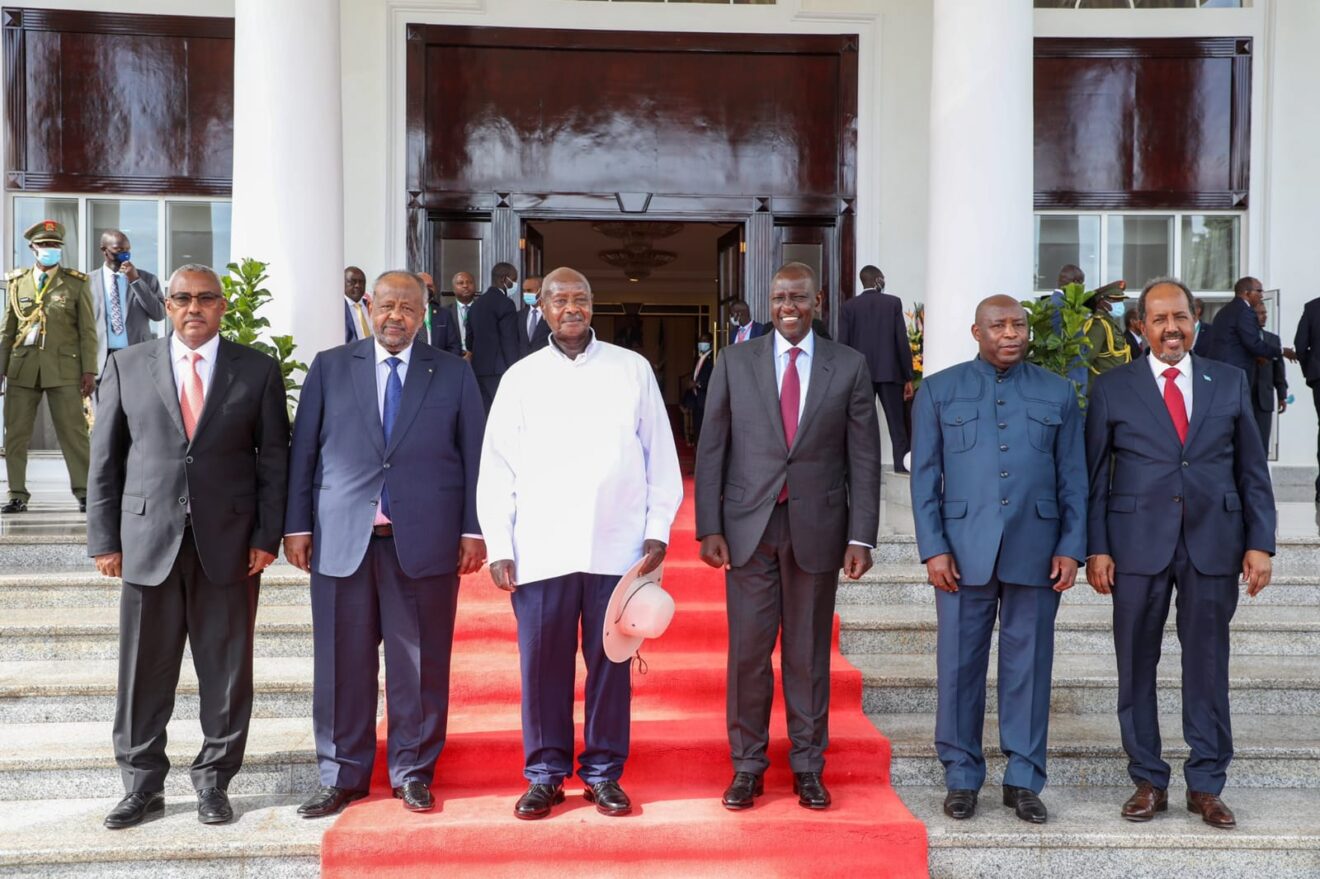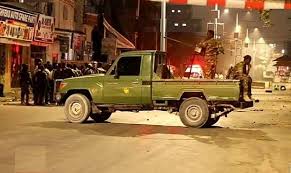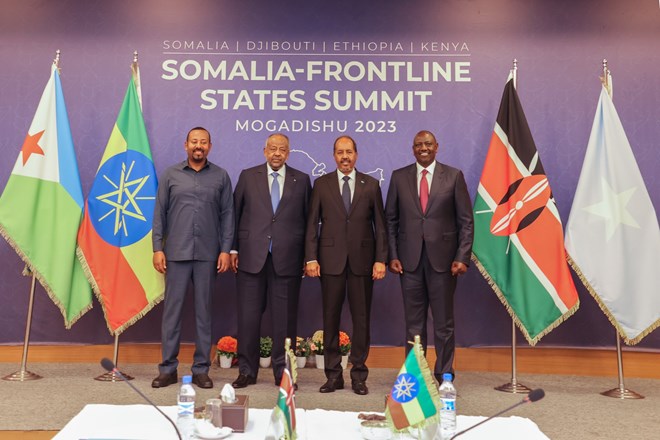Leaders from the regional block have agreed to make one more push for coordinated operations in areas still controlled by terrorists to liberate Somalia from Al-Shabaab completely.
The meeting, held by Ugandan President Yoweri Museveni, was also considered a coordinated military effort against the Al-Qaeda-linked militia, which has waged an insurgency in the unstable Horn of Africa country for over 15 years.

"East Africa solved the Burundi problem." So this situation, the way we discussed it today, I am confident we can solve it," said Ugandan President Yoweri Museveni at a press conference right after the conclusion of the heads of state meeting in Somalia.
Contributing nations have requested more financial assistance to close financing shortages for ATMIS and the Somali Security Forces, ensuring they can fully secure Somalia.
Did you read this?
According to technocrats who met earlier Wednesday, one of the critical setbacks for the operation is the relaxation of the arms embargo on Somalia, which was essential for maintaining security advances.
While underlining his administration's objective to eliminate the menace of terror from the Al-Shabaab group, which has tentacles in central Somalia, Somali President Hassan Sheikh commended the African Union for its efforts.
President Sheikh said that Somalia has yet to complete the tasks as a post-conflict country. Still, with the block's systemic support for the last 15 years, Somalia is turning around.
He added that he would decide to take full responsibility for its security. He said they are requesting the support of the regional block until the end when Somalia has freed itself of insecurity, which they are all certain and committed to seeing happen.
The ATMIS operation, which replaced AMISOM as the significant peacekeeping force in Somalia, had its mandate slated to end in December 2024, with the United Nations Security Council pressing for a troop decrease from December 2022 to June 2023.

Kenya's Cabinet Secretary for Defence, Aden Duale, warned that the ATMIS withdrawal should provide a proportionate force balance for the region's security, not just Somalia's.
The terror threat posed by the militia group Al-Shabaab has, on numerous occasions, threatened to undo the significant and modest accomplishments gained by the Horn of Africa state over time, with strikes in Mogadishu and other places.
Since August, after commencing the first substantial Somali-led battle against Al-Shabaab since the jihadis began their terror campaign 15 years ago, government forces have been gaining ground against the insurgents.









